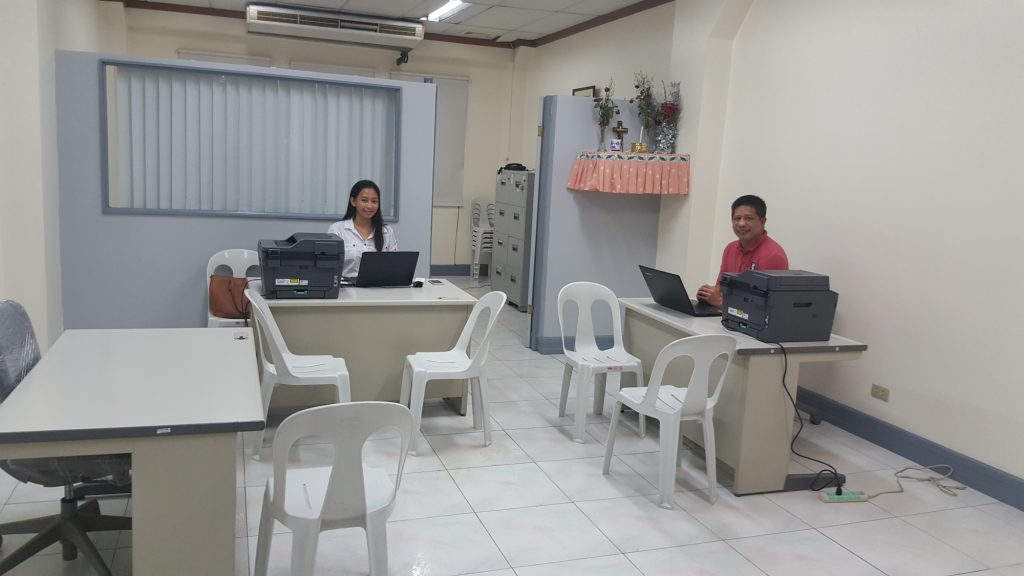Did you know that there are more than two million Filipinos working overseas? Believe it or not, these Filipinos can be found all over the world. Nonetheless, there are countries where you can find a lot of Filipinos like Saudi Arabia, Hong Kong, and Singapore, while there are others who settle in not-so-popular countries among OFWs because the pay is better.
If you are planning to work overseas to provide a better life for your family, then here are the best and recommended countries where you can work:
1. Singapore
Singapore is one of the best places for OFWs because of its close proximity to the Philippines. It is also a home to thousands of international companies, thereby offering not just diverse cuisine but also competitive benefits, salaries, and career opportunities. Many of the locals speak English as well; hence language is not an issue.
IT and software engineers, nurses and other healthcare professionals, and construction are some of the in-demand fields in Singapore.
2. United Arab Emirates
UAE, specifically Dubai and Abu Dhabi, is also a favorite among many OFWs because of the available job opportunities, high salary, tax-free opportunities, and steady growth in their economy. It is, by far, the highest-paying country for healthcare professionals.
Aside from healthcare, food and beverage, domestic work, and engineering are also in-demand fields.
3. Saudi Arabia
This Middle East country is still a top destination among OFWs because of the generous employment package. Cost of living is lower, contractual benefits are strong, lower taxes, and steady increase in economy are some of the reasons why this is still a preferred destination.
Construction, healthcare, and household services are still the in demand fields in this country that you should take advantage of.
4. Qatar
Did you know that Qata experienced shortage of laborers for several years? This opened doors to many Filipinos to work overseas, thereby giving them an opportunity to earn bigger. Being one of the richest countries in the Middle East region because of the oil and gas fields, it’s not surprising that Qatar can provide competitive salary packages for Filipinos.
Here comes the best part: Qatar is preparing for the World Cup in 2022, which means they will be needing more workers in the construction, healthcare, and hotel industries.
5. Japan
If you are in the healthcare industry, then Japan might be perfect for you. The Japanese government is in need of caregivers where they will be provided with free training in caregiving and housekeeping. More so, the country’s steady economy is able to pave way to higher pay and higher quality of life.
Apart from healthcare, engineering and Information Technology are also in demand fields in this country. Plus, it is within Asia as well and not too far from the Philippines.
6. New Zealand
If you are looking for a country to work with that will give you higher quality of life, then you need to consider New Zealand in your list. Most of the expats enjoy the country’s outdoor lifestyle and sporting culture, thereby making them more physically active compared to living in the Philippines.
There are many work opportunities in New Zealand as well, but at present, healthcare professionals like nurses and caregivers are more in demand.
7. Canada
Did you know that Canada is among, if not the friendliest country to foreigners? There is so much to see and enjoy in this country, but what makes Canada a favorite is its willingess to allow permanent residence to foreign workers with at least one year and full-time job experience. This makes Canada an ideal place for start-up families.
Labor and caregiving are among the in demand jobs in Canada.
Surely, there’s no place like home, but in times when you need to provide a better life for your family, consider these countries on your list.

 Do you have a credit card? If yes, then you should still read this. If you don’t have one, then you have more reason to read this.
Do you have a credit card? If yes, then you should still read this. If you don’t have one, then you have more reason to read this. Starting your own business is not easy. There are million things you need to do to ensure that it will make it work. Marketing your product or service is another important consideration because this will help define the success of your business. More than anything, you will need capital.
Starting your own business is not easy. There are million things you need to do to ensure that it will make it work. Marketing your product or service is another important consideration because this will help define the success of your business. More than anything, you will need capital.  Of course, OFWs are not just limited to those who came from Metro Manila. There are many of you who came from provinces and Balikbayad recognized that. In fact, Balikbayad saw an increasing demand from Visayas region, which is why they decided to open a branch, particularly in Cebu. This way, they can easily and more effectively offer its services to our modern day heroes in Visayas region.
Of course, OFWs are not just limited to those who came from Metro Manila. There are many of you who came from provinces and Balikbayad recognized that. In fact, Balikbayad saw an increasing demand from Visayas region, which is why they decided to open a branch, particularly in Cebu. This way, they can easily and more effectively offer its services to our modern day heroes in Visayas region.